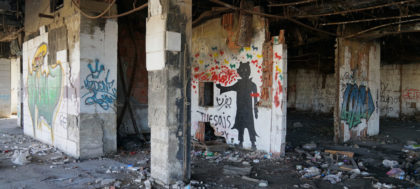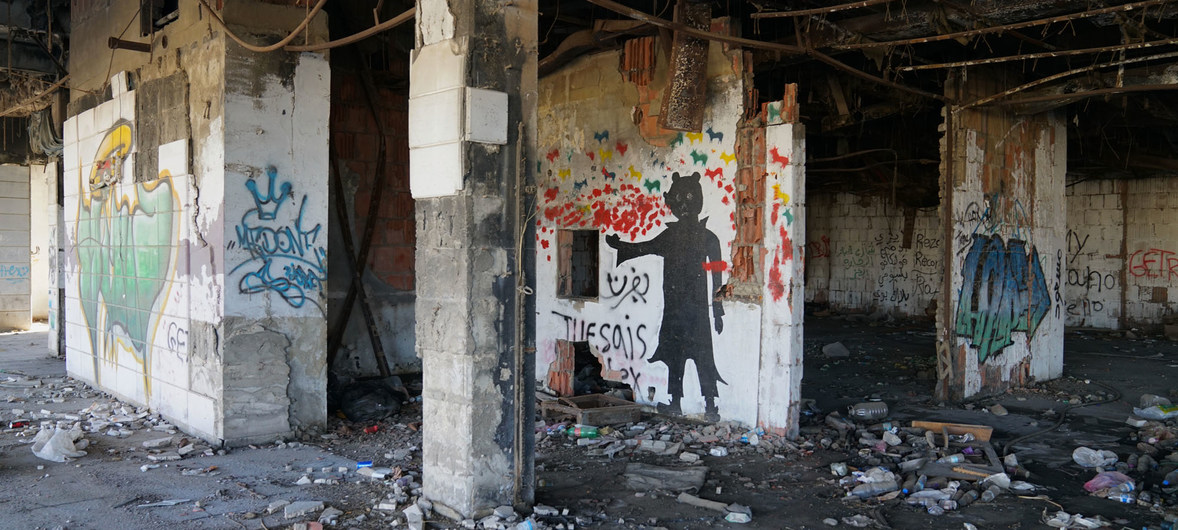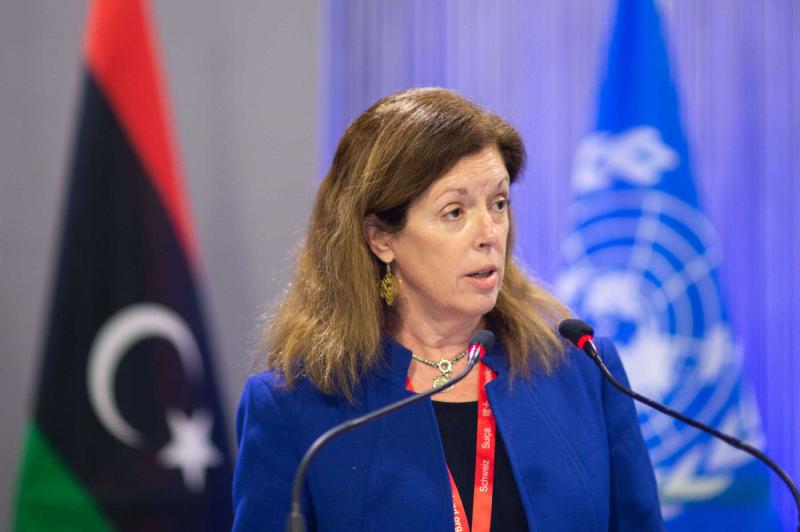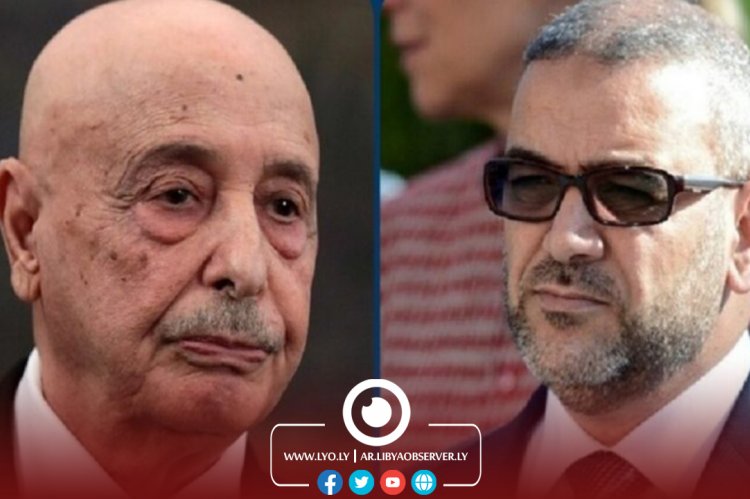 Head of the UN-backed Libya Presidential Council (PC) Wednesday demanded the International Criminal Court (ICC) to investigate war crimes committed by rival forces of east-based warlord Khalifa Haftar in his quest to overrun Tripoli, while UN Special Representative Ghassan Salame said “The use of indiscriminate, explosive weapons in civilian areas constitutes a war crime.”
Head of the UN-backed Libya Presidential Council (PC) Wednesday demanded the International Criminal Court (ICC) to investigate war crimes committed by rival forces of east-based warlord Khalifa Haftar in his quest to overrun Tripoli, while UN Special Representative Ghassan Salame said “The use of indiscriminate, explosive weapons in civilian areas constitutes a war crime.”
Faiez Serraj, in a letter to ICC Chief Prosecutor Fatou Bensouda, said he could provide evidence documenting war crimes committed by forces loyal to Haftar, Libya Observer reports.
“Haftar’s forces are committing crimes against civilians and against humanity and are destroying the infrastructure with heavy weapons prohibited to be used within the cities,” Al-Sarraj said in his letter.
Khalifa Haftar, leader of the self-styled Libyan National Army (LNA), which controls much of eastern and southern Libya, has waged a two-week military campaign to take Tripoli from fighters loyal to the UN-recognized Government.
Haftar claims he wants to free Tripoli from the hands of terrorists linked to the Muslim Brotherhood.
Heavy shelling overnight on Tuesday hit a densely-populated neighborhood of Libya’s capital, Tripoli.
Head of the UN Mission in the North African country, Ghassan Salame condemned “in the strongest terms” the shelling after “scores” of civilians were reportedly killed and injured.
“Horrible night of random shelling of residential areas”, tweeted UN Special Representative Ghassan Salame on Wednesday, after the Abu Salim district was hit. “For the sake of 3 million civilians living in Greater Tripoli, these attacks should stop. NOW!”
“The use of indiscriminate, explosive weapons in civilian areas constitutes a war crime,” said in a statement Mr. Salame, who also heads the UN Support Mission (UNSMIL).
As sustained fighting continues in and around Tripoli, the UN Office for the Coordination of Humanitarian Affairs (OCHA) reported that displacement is currently at its highest level since the current crisis started.
With more than 4,500 people newly on the move, the total of number of internally displaced people (IDPs) stands at 25,000 and at least 820,000 people, including some 250,000 children, are currently in dire need of humanitarian assistance, according to OCHA.



